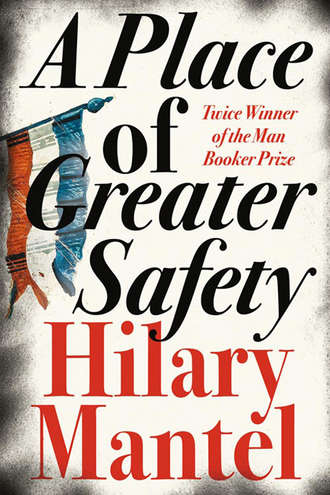A Place of Greater Safety

Полная версия
A Place of Greater Safety
Жанр: историческая литературасовременная зарубежная литератураклассическая прозасерьезное чтениеоб истории серьезно
Язык: Английский
Год издания: 2019
Добавлена:
Настройки чтения
Размер шрифта
Высота строк
Поля
Конец ознакомительного фрагмента
Купить и скачать всю книгу







